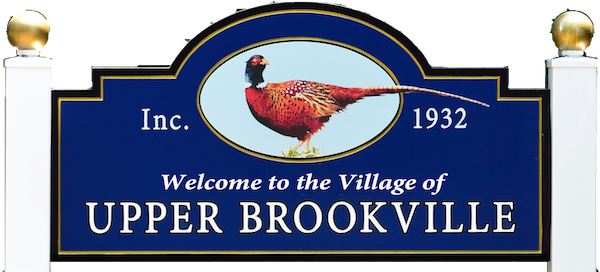ROBERT E. KURZIUS, INC. v. VILLAGE OF UPPER BROOKVILLE
In a landmark 1980 zoning case, the New York Court of Appeals upheld the Village of Upper Brookville’s five-acre minimum lot zoning, agreeing that its purpose of preserving open space was a legitimate goal. Had the ordinance been “enacted with an exclusionary purpose,” or had an unjustifiably exclusionary effect, it would have been found unconstitutional. “Robert E. Kurzius, Inc. v. Village of Upper Brookville” was brought by a landowner seeking to have his holdings rezoned from five-acre to two-acre lots. The plaintiff was successful in the Appellate Division. (see Chapter Five above).
Kurzius v. Upper Brookville 1979
After careful review of the Appellate Division decision and consultation with counsel, the Board of Trustees decided to appeal the matter to the Court of Appeals, the State’s highest court.
The decision to appeal was based on the Board of Trustees’ firm belief that the existing ordinance is a key factor in the preservation of the environment and the natural resources of the Village, and that the Board must continue its stewardship in protecting the rural character of our community, which is an asset to the metropolitan area.
The plaintiff was not successful in the Appellate Division, that decision was reversed by the Court of Appeals.
Kurzius v. Upper Brookville – Court of Appeals 1980
Kurzius then took his case to the Supreme Court of the United States. However, the Supreme Court of the United States rejected the application for certiorari, leaving intact the last ruling in the case, that of the New York Court of Appeals.
The five-acre zone was sustained, twenty years after its creation.

